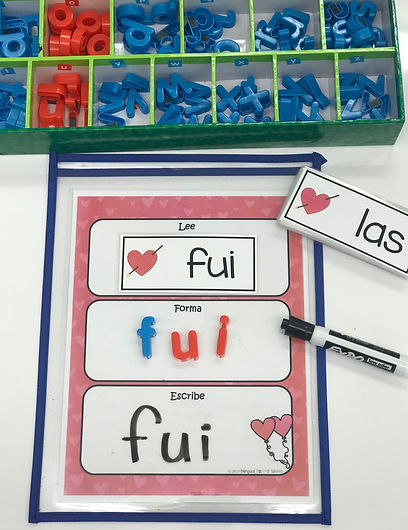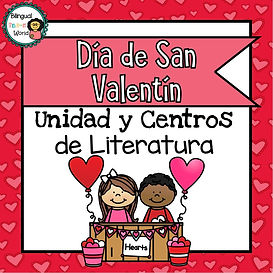This literacy unit includes ten fun and engaging hands-on activities you can use in whole group instruction, small groups, and literacy centers. These activities have different levels of differentiation so that all students can be successful according to their abilities.
ABC Matching Game
The ABC matching game is really fun for young learners. Invite the little ones to match the uppercase letters to lowercase letters. One way to make even more fun is to place the ABC cards inside a sensory box relate to the theme.
Differentiation:
- Scaffold Down: provide the students with visual support such a linking chart to support the letter recognition
- Extension: As the students improve in the letter recognition and it gets easy for them to match the uppercase letter to their corresponding lowercase letter, you can extend the game by providing a recording sheet in which the students can write the matching letters found.

Counting the Syllables
Another engaging and fun phonological awareness activity is the beginning sounds game. This game has two variations; one way is to provide students with a set of plastic letters to identify the vocabulary's beginning sound and place the plastic-letter in its corresponding space. The other way is to use a dry-erase marker to write the beggining sound.

Beginning Sounds
Another engaging and fun phonological awareness activity is the beginning sounds game. This game has two variations; one way is to provide students with a set of plastic letters to identify the vocabulary's beginning sound and place the plastic-letter in its corresponding space. The other way is to use a dry-erase marker to write the beggining sound.

Read and Write Around the Room
If you want to hear your students saying, "this is the BEST game ever," you are looking at it right now. Read and Write around the room is a game you can use in the writing center since the beginning of the school year, and it allows you to differentiate at all times.
All you have to do is to print the cards and write in there what you would like your students to review (example, shapes, numbers, letters, syllables, or sight words), then hide the cards around the room and have the students take a clipboard with the recording sheet and go hunt for the cards. Students will read and write what the teacher has in the card in the corresponding column.
The Syllables Game
The syllables game is for those students who have already mastered the alphabet and are ready to move to the next step. This game has the same set up as the ABC matching game, so students are already familiar with the process, but this time they are going to find the syllables to form the word, then they will read the word and write in their recording sheet.

Sight Words
The sight words game is a hands-on activity that involves letter recognition, reading, and writing. Just provide students with a set of sight words and plastic letters, and they will read, build, and write the sight words.

Vocabulary Cards
The thematic cards are ideal for introducing students to new vocabulary; they can be used in the classroom to label objects, in the world wall or picture wall, and also as a word bank.

Building Sentences
There are a series of word cards that students will use to build a sentence. This is a hands-on activity in which students will practice elements and concerts of print such as words, directionally, and punctuation.

Teacher's Book
After building the sentences, learning the new sight words, and getting familiar with the new vocabulary, the teacher has a color book to read in class to keep practicing the print concepts.

Student's Booklet
Students have their own booklet; they can color it and take it home to read to their parents all by themselves.

Grab this Literacy Unit now from my TPT Store
Related


